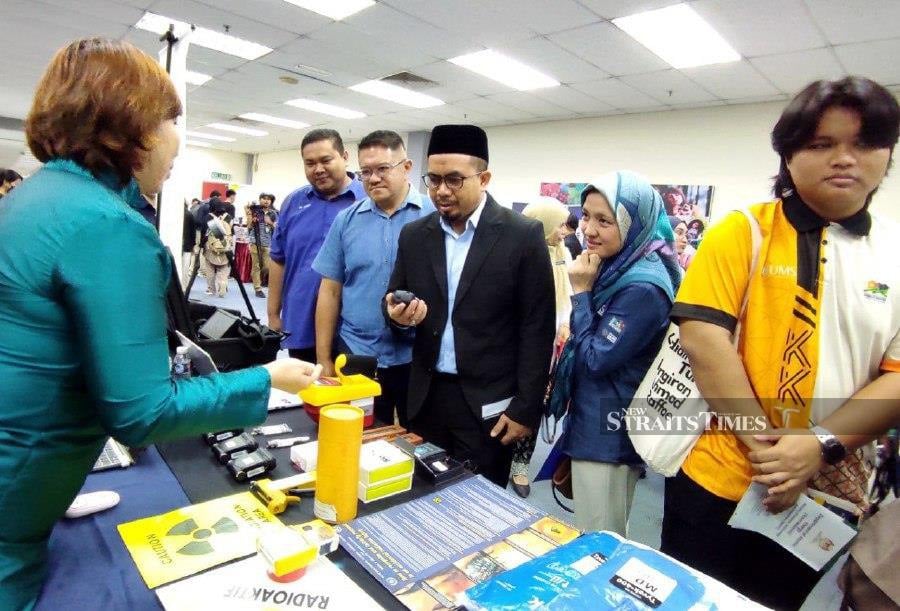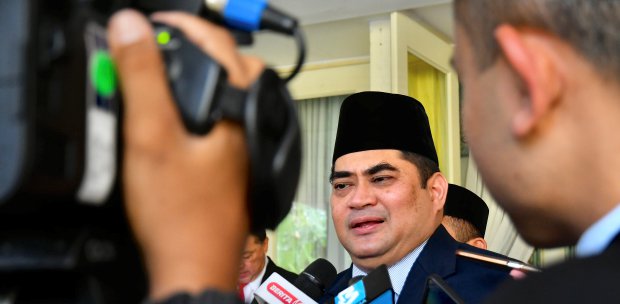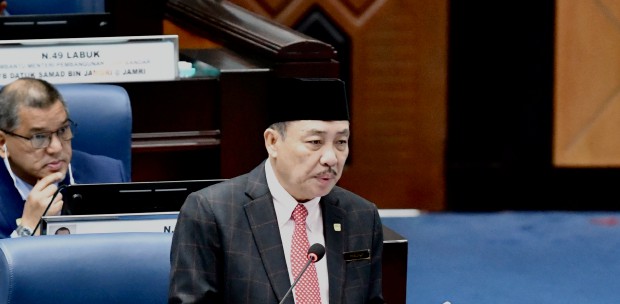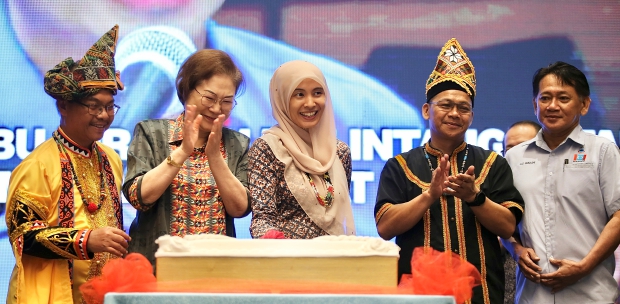KOTA KINABALU: Sabah's waters are safe from the release of treated radioactive water from Fukushima, according to Dr Faihanna Ching Abdullah of Borneo Marine Research Institute at Universiti Malaysia Sabah (UMS).
The director assured the public that there is no need to worry, as no radioactive waste has been detected in Sabah's waters.
"In Malaysia, the first device namely Gamma Spectrum Water Monitoring Stations (GSWMS) has been installed at the UMS jetty in Sepanggar to monitor radioactivity levels in the country's waters.
"Last year, we (UMS together with the Science, Technology and Innovation ministry) monitored radioactivity levels and found that GSWMS did not detect any radioactive material in our country's waters.
"It is also good for Sabah because we're a hub for seafood, and we want to make sure it is safe," he said when met during the launch of "ATOM@UMS 2024: Kegunaan Aman Nuklear" at U-Science, UMS today.
Faihanna also explained that the Fukushima incident occurred in 2011.
"The first release of radioactive waste (treated radioactive water) was last year, in 2023. It took about 11 years for Fukushima to release this waste, but the levels were extremely low — less than 50 times below the safe limit.
"When the waste was released (into the Pacific Ocean), all this waste would dissolve in the water. It would also take a considerable amount of time or a very long journey for it to reach Sabah from Fukushima," she said.
The Fukushima Daiichi plant was destroyed in March 2011 after a 9.0 magnitude earthquake generated powerful tsunami waves that caused the meltdown of three of its reactors.
The ATOM@UMS 2024 programme, which started today and runs until June 13, features a lineup of engaging activities.
These include the 3S STEM Speaker Series, ChitChat with Atom Malaysia, exhibitions on nuclear's peaceful applications, environmental radiation detection, Climate Change Awareness Campaign Programme, STEM Olympiad with Dr Nicholas Pang, and programmes with the Borneo Marine Research Institute.





